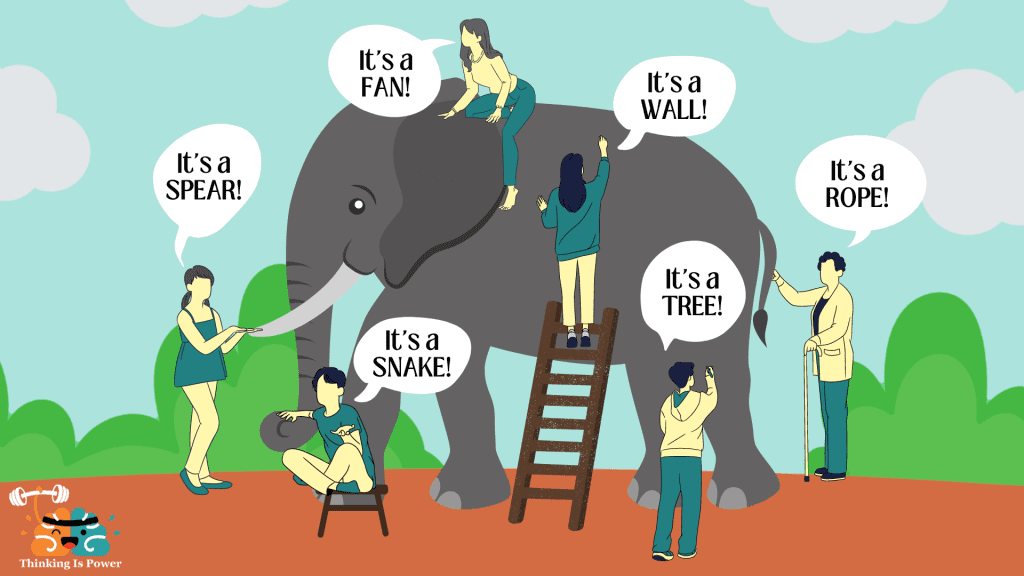By J. Humphreys, MD, MSc IM (Edin), MPhil PPA (Health Policy), MEAACI, MCCFP, FFM, FICPS Consultant
Introduction
In today’s business and professional environments, sound ethical and moral frameworks define the social standards and fosters cohesive relationships build on mutual trust and respect. Defining the ethical framework of an organization considers the psychological contract bounded by the mutual beliefs, perceptions, and informal obligations of a group or society as a whole. Ethical standards must be significantly integrated into an organization’s overall culture to ensure the highest level of positive reputational impact, organizational integrity, and employee productivity and a sound system of transparency, accountability, and ethical values.
Approaches to an Ethical Framework
The ethical standards within an organization are determined by whether or not the organization utilizes Compliance-based, Utilitarian, and Values-based approaches to inform how people function. These approaches are not mutually exclusive but must coexist in congruence with a competent and effective ethical framework that will ensure a high level of integrity.
The Compliance-based Approach considers the established ethical standards and the punitive outcomes that ensure alignment with these standards through a healthy and robust compliance management system. It sets the parameters that ensure conformity with the ethical principles embraced by an organization. Analogically, within this approach, the potential disciplinary proceeding for potential breaches is like the riverbank that keeps the water on course.
The Values-based Approach is guided by what is morally correct and aligns with an organization’s core value system. It requires a high level of self-regulation that cultures responsible behavior. The Values-based approach complements the Compliance-based approach and considers best practices based fundamentally on these standards aligning with core principles and an individual’s perceptions of them being the right things to do.
The Utilitarian Approach to ethics assesses actions based on the associated outcomes and is driven exclusively by the greatest good for the greatest number of people; without consideration of the motives of the agent or any ethical rules that may not be directly associated with the consequences. The focus, therefore, is not the ethical framework but rather the consequential outcome associated with any non-compliance. For example, if “Organization A” does not submit its monthly journals on time, it may run the risk of losing funding. So, using the Utilitarian Approach, “Organization A’s” compliance with established rules is driven by the potential consequence of losing funding if it does not comply with the timely submission of journals. Conversely, this approach can also consider positive outcomes. For example, “Organization A” may be driven to submit monthly journals on time because doing so ensures future funding.
Legal versus Ethical
Laws are rules and regulations that are established by a governing body and are enforced by legal authorities. Though laws and ethics may align, they can often conflict. Actions can be lawful based on established statutes but unethical based on moral principles and values. So, an action can be legal based on established legal parameters but unethical based on principles and values. On the other hand, actions can be illegal but ethically validated, creating an ethical dilemma.
Ethical Perception
State laws and legal frameworks, policies, organizational fundamental principles, personal values, the political landscape and the societal construct, contextual nuances, cultural relativity, and accepted behaviors are all significant determinants of the standards from which an ethical framework is conceptualized, implemented and followed. Equally important are how one’s values align with the ethical standards which one must or ought to operate within.
These multi-factorial dimensions influence one’s ethical perception, which is highly subjective and fluid; and determines how an individual views and interprets what is morally correct and ethically sound. The impact of leadership on the organization’s culture must also be considered given that leadership should be the moral compass of the organization. Further, critical thinking and decision-making capacity are greatly influenced by the leadership’s personal values, education, lived experiences, upbringing, and moral development.

Importance of Establishing an Ethical Framework
Establishing an ethical framework is a significant undertaking that ensures that the organization’s values are established and maintained. This action allows the principles of the organization to be formalized. By doing so the organization’s core values are translated into written operational standards that set the tone for professional conduct and a sound ethical and moral framework within the work environment and establish the quality of inter-agency relationships.
Establishing an ethical framework boosts organizational reputation, standardizes organizational values, maintains legal compliance, improves workplace culture, fosters better decision-making capacity as decisions are made in alignment with these set standards, improves trust, accountability, discipline, and responsibility, and formalizes the operational parameters that maintain the core principles of an organization within the scope of an established ethical-legal framework.
********
About the Author
Dr. J. Vlaun Humphreys is an award-winning physician, international speaker, author, and humanitarian. He holds a Master’s degree in Internal Medicine from the University of Edinburgh, School of Medicine, and a Master’s degree in Public Policy and Administration with a specialization in Health Policy from Walden University. He also holds a Doctor of Medicine degree from the American International School of Medicine and completed Masters-level postgraduate modular training in Allergy with the University of Southampton, School of Medicine, UK. Dr. Humphreys is a respected academic scholar and social scientist who has published in several internationally recognized journals on scientific, medical, public health, and social issues. He is a Fellow of the Inter-American College of Physicians and Surgeons, a member of the Caribbean College of Family Physicians, the Golden Key International Honor Society, the Pi Alpha Alpha Honor Society, the National Society of Leadership and Success (NSLS) Honor Society, and the European Academy of Allergy and Clinical Immunology.
